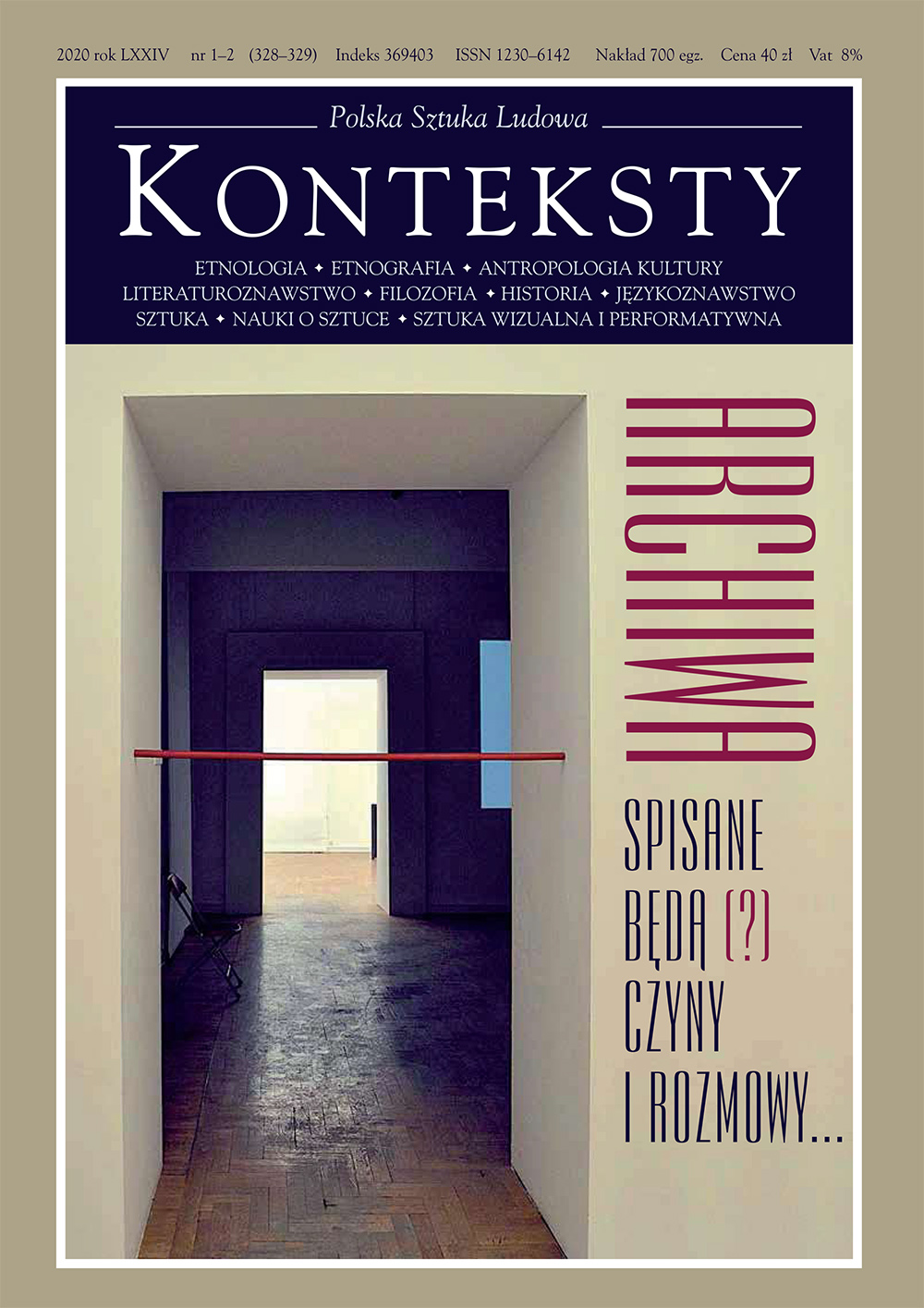Epopeja chilijskiego przebudzenia
Epos of the Chilean Awakening
Author(s): Magdalena BarbarukSubject(s): Politics / Political Sciences, Social Sciences
Published by: Instytut Sztuki Polskiej Akademii Nauk
Keywords: Chile;Chilean Spring;archive
Summary/Abstract: The author of the article interprets events that started in Chile on 18 October 2019 and are known as that country’s “awakening” or “Chilean spring”. They consisted of mass-scale demonstrations calling for, i.a. a new constitution, free-of-charge education and health service, and respect for the rights of women and the indigenous population. Attention is drawn to the fact that the semantics of the actual upsurge is intensified by parallels with the coup d’état of 11 September 1973 and the plight of thousands of desaparecidos. M. Barbaruk is of the opinion that the large-scale social mobilisation, the first to take place after 30 years, and its new martyrs (several score persons perished, hundreds lost their eyesight) calls for an epic poem that would describe the desired trajectory of transformations. In doing so she referred to Andrzej Leder’s remarks on “the unwritten epos” about Polish peasants. In the case of Chile the difficulty of writing an epos consists of linking the revolt with new media: video mapping (the dialogue of the Delight Lab artistic collective and President Sebastián Piñera), the Internet (amateur recordings of acts of violence, the use of YouTube) and short-lived “archives”, i.e. murals, which altered the appearance of the capital city, songs performed to the accompaniment of cacerolazo or new names given to assorted sites (Dignidad Square). In her interpretation the author resorts to conceptions launched by W.J.T. Mitchell (an analysis of the Occupy phenomenon) and R. Calasso, but its foundation consists of personal experiences from Chile.
Journal: Konteksty
- Issue Year: 329/2020
- Issue No: 1-2
- Page Range: 186-194
- Page Count: 9
- Language: Polish
- Content File-PDF

